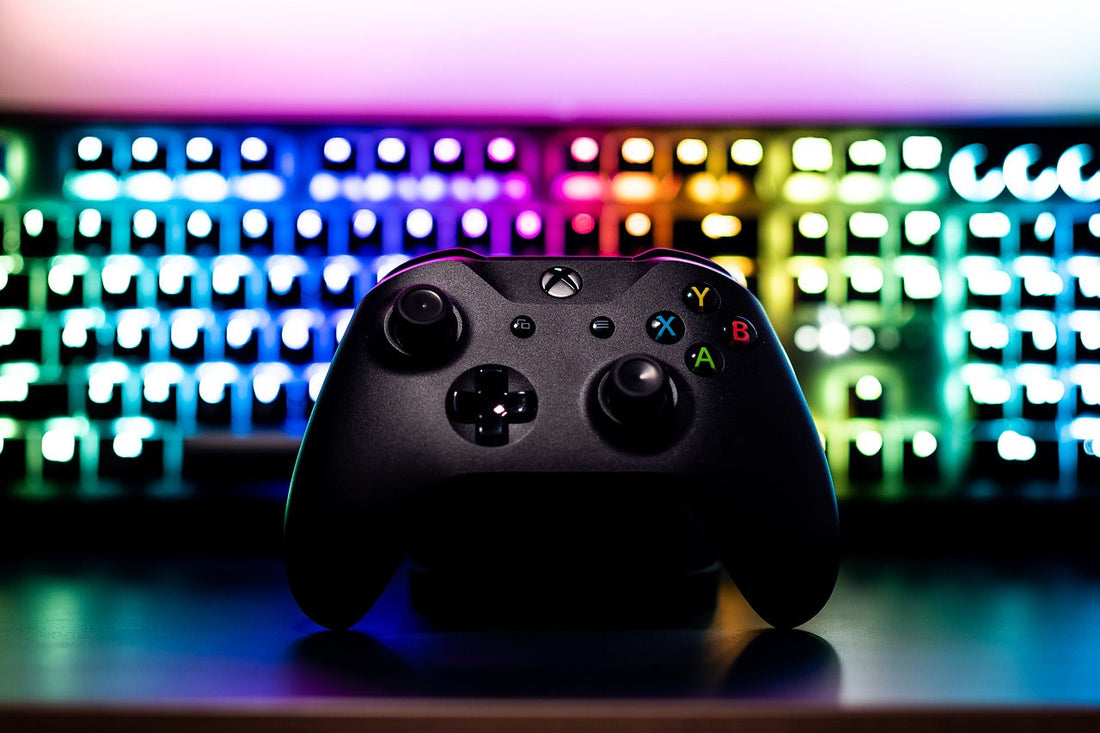
Share
Xbox Price Hikes: Navigating the Impact of Tariffs and Industry Shifts
In an unexpected move, Microsoft has announced significant price increases for its Xbox consoles, controllers, and upcoming first-party games.These adjustments come amid escalating tariffs imposed by the Trump administration and rising development costs, marking a pivotal moment in the gaming industry's economic landscape.
Understanding the Price Surge
Effective immediately, the Xbox Series X has seen its price rise by $100, now retailing at $599.99, while the Xbox Series S has increased by $80 to $379.99.Additionally, Microsoft plans to raise the price of new first-party games from $69.99 to $79.99 starting this holiday season.
These hikes are largely attributed to the recent implementation of up to 145% tariffs on Chinese-made goods, where the majority of Xbox consoles are manufactured.While Microsoft cites "market conditions and rising development costs" as reasons, analysts link the move directly to tariff-related disruptions.
Global Repercussions
The price adjustments are not confined to the U.S. market.In Europe, the U.K., Australia, and other regions, similar increases have been implemented.For instance, in the U.K., the Series X now costs £499.99, up £20, and the Series S jumps £50 to £299.99.
These global changes underscore the widespread impact of trade policies and economic pressures on the gaming industry.
The Broader Economic Context
The gaming industry's challenges are reflective of broader economic trends.A recent Morgan Stanley survey indicates that a growing number of consumers plan to cut back on electronics spending over the next six months, reaching the highest level in two years.This trend reflects increasing uncertainty in the technology market, largely driven by the impact of tariffs and trade policy.
Furthermore, companies like Nintendo and Sony have also adjusted their pricing strategies in response to similar economic pressures.Nintendo delayed preorders for its upcoming Switch 2 console and increased accessory prices, while Sony raised PlayStation 5 prices in several regions.
Microsoft's Strategic Pivot
Despite the hardware price increases, Microsoft's gaming division continues to perform robustly, driven by services like Xbox Game Pass.In its latest earnings report, Microsoft reported strong revenue of $70.07 billion and a net income of $25.8 billion for the last quarter, with a 6% increase in personal computing revenue, which encompasses Xbox services.
This shift towards services indicates a strategic pivot by Microsoft to mitigate the impact of hardware sales decline and adapt to changing consumer behaviors.
Consumer Considerations
For consumers, these price increases present new challenges.Budget-conscious gamers may need to explore alternative options, such as considering pre-owned hardware, evaluating other gaming platforms, or leveraging subscription services like Xbox Game Pass, which currently remains unaffected by the price hikes.
Retailers like GameStop have acknowledged the pricing shift and are promoting trade-in and discounted pre-owned product programs to help consumers manage the higher costs.
Looking Ahead
The full financial impact of the new tariffs and price increases remains to be seen.However, it's clear that the gaming industry is undergoing significant shifts due to economic pressures and changing trade policies.As companies like Microsoft navigate these challenges, consumers will need to adapt to the evolving landscape, making informed decisions to continue enjoying their gaming experiences.

